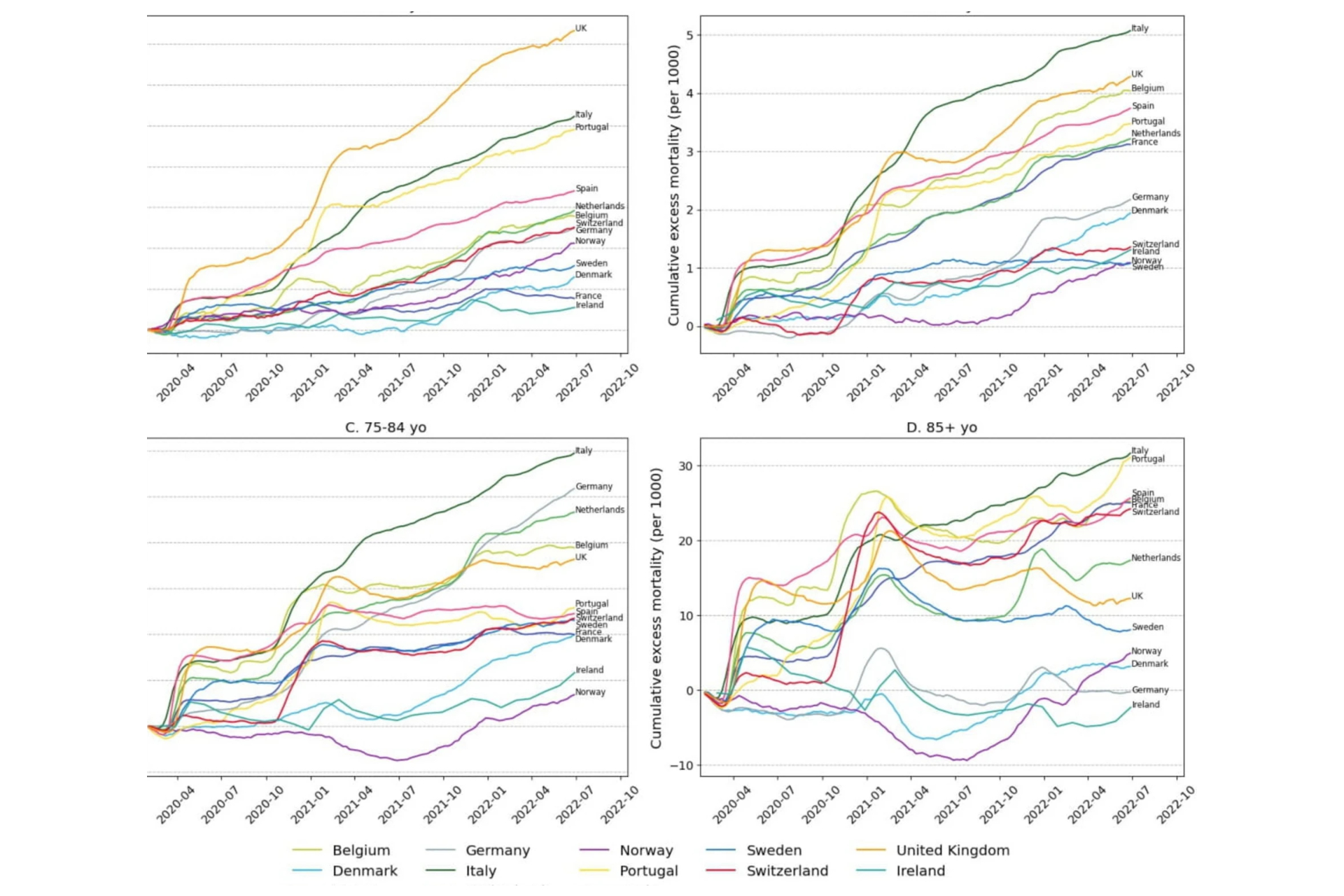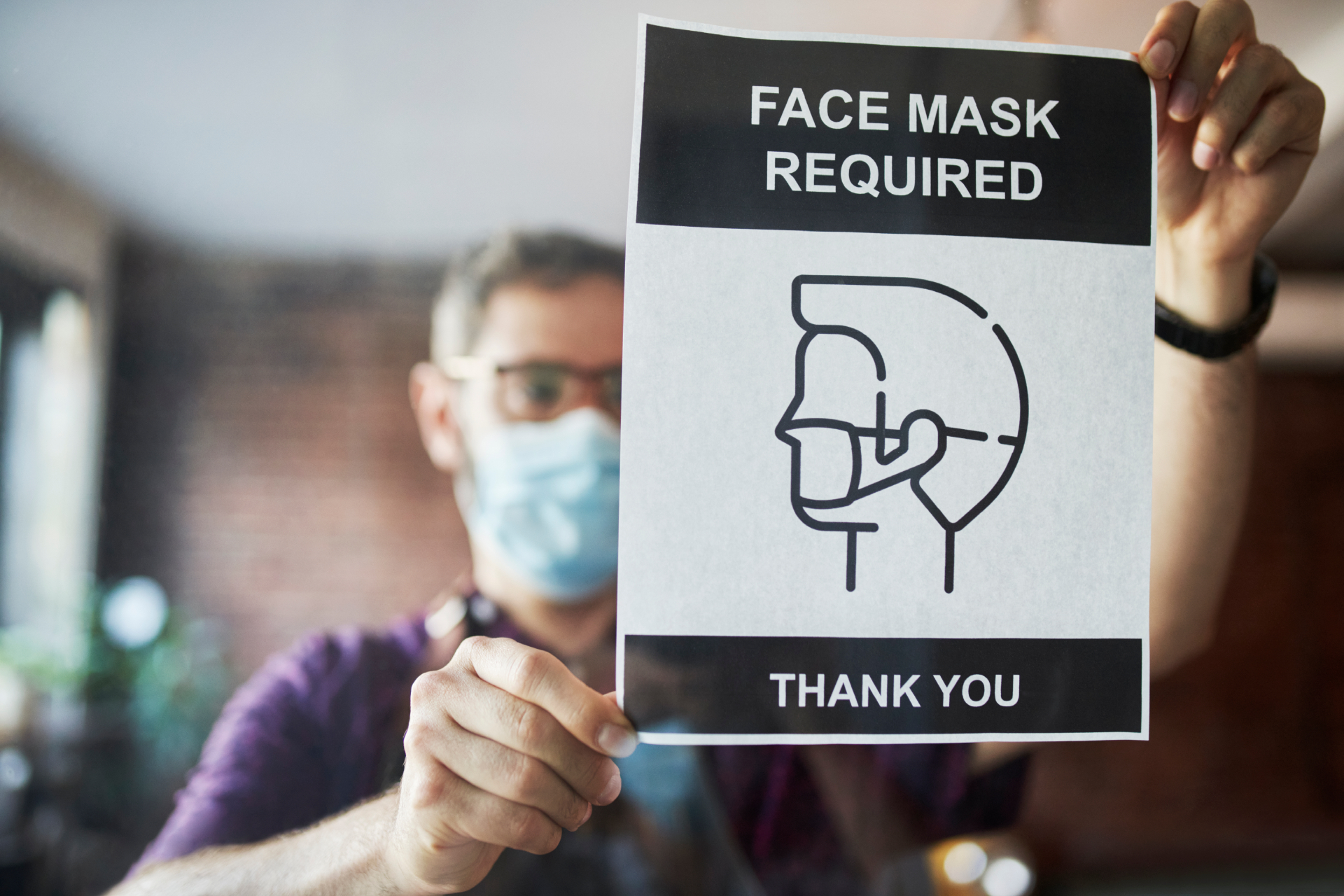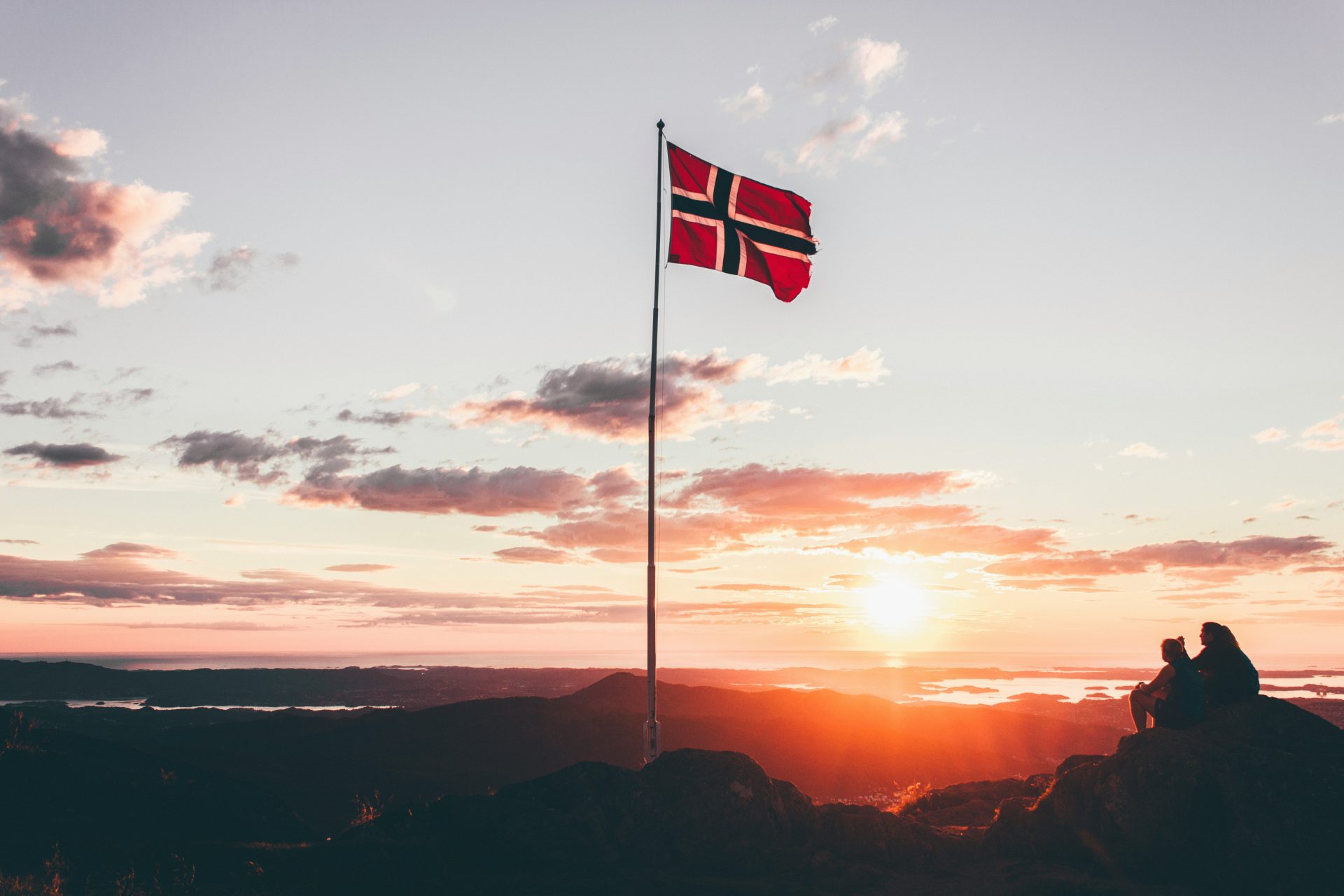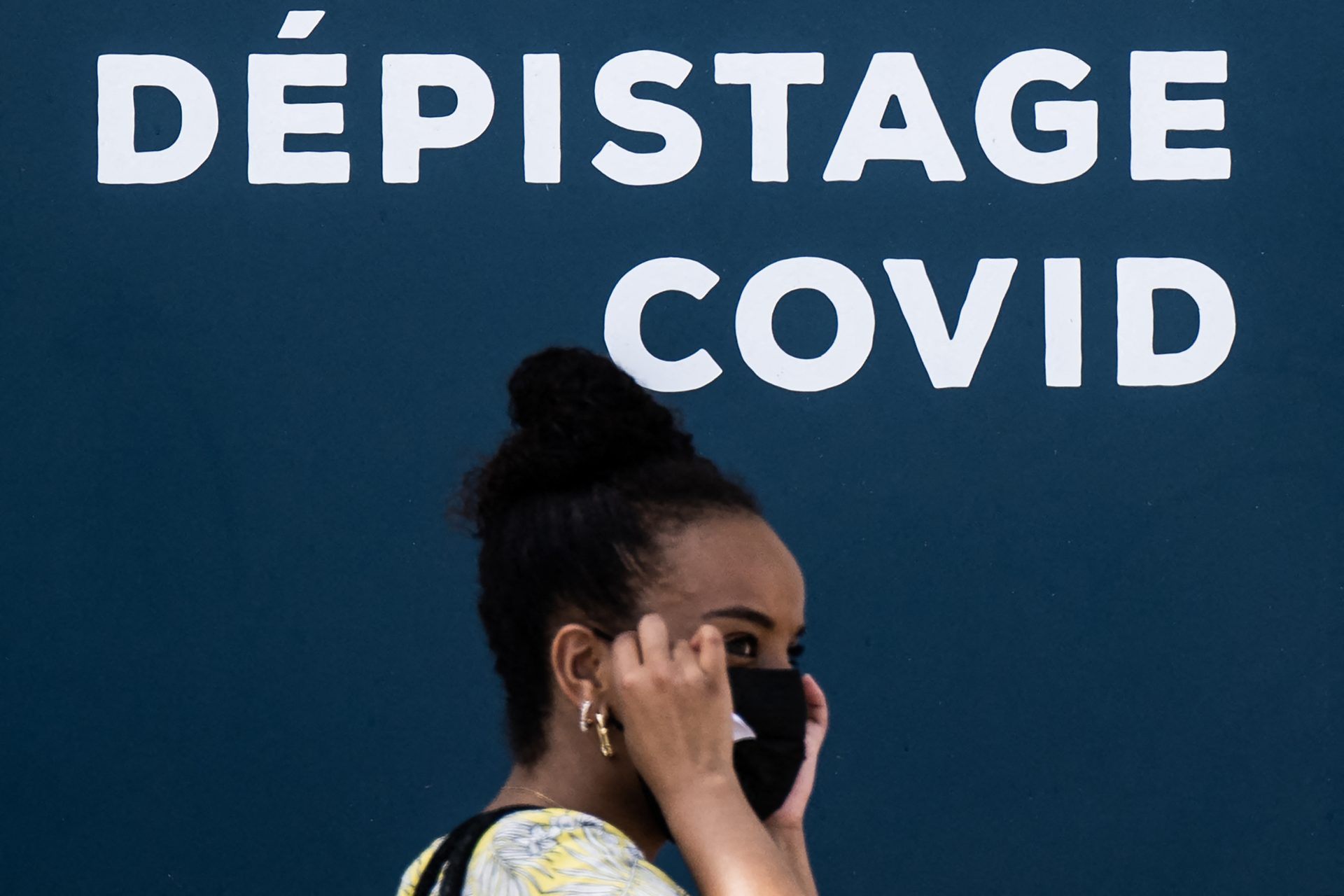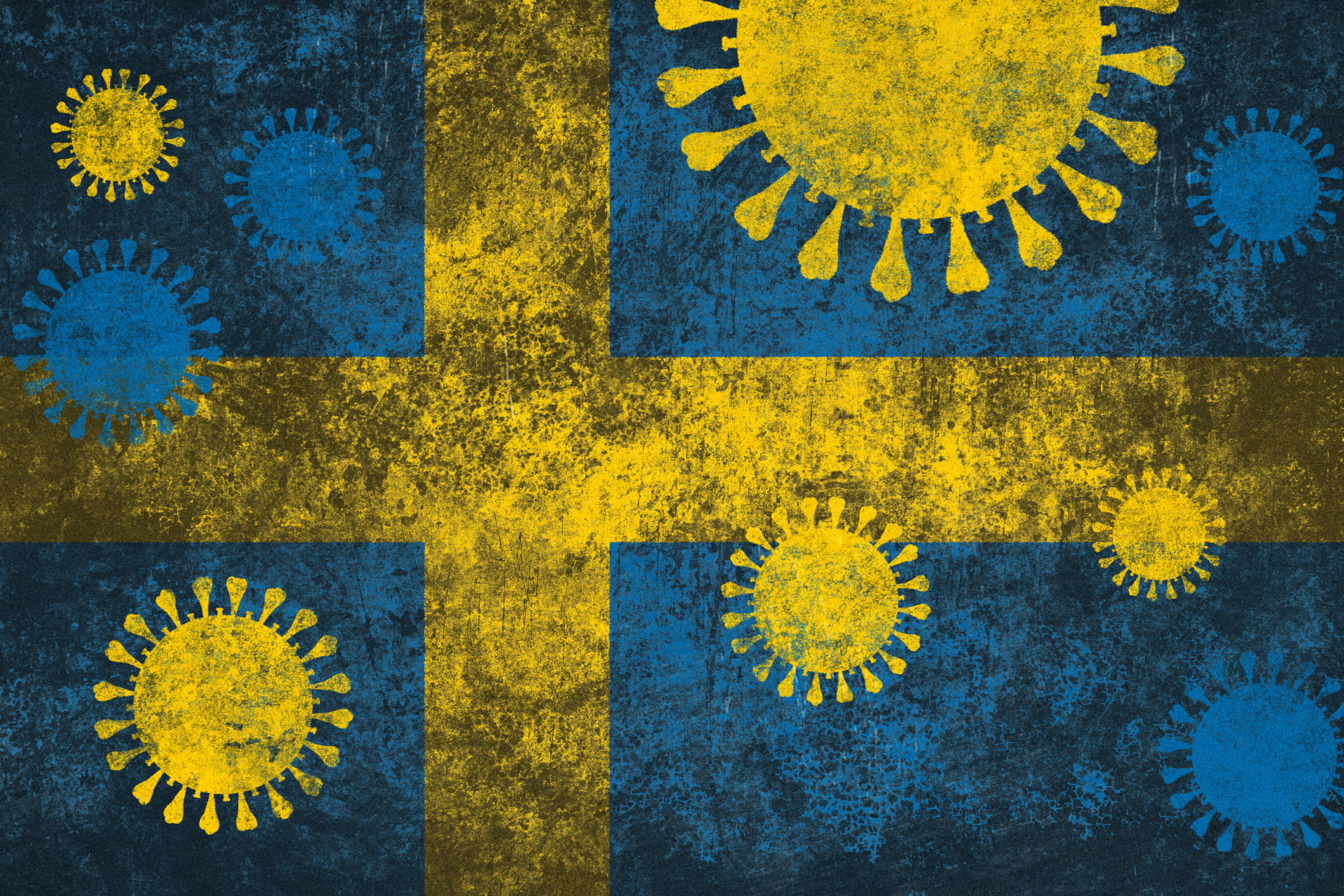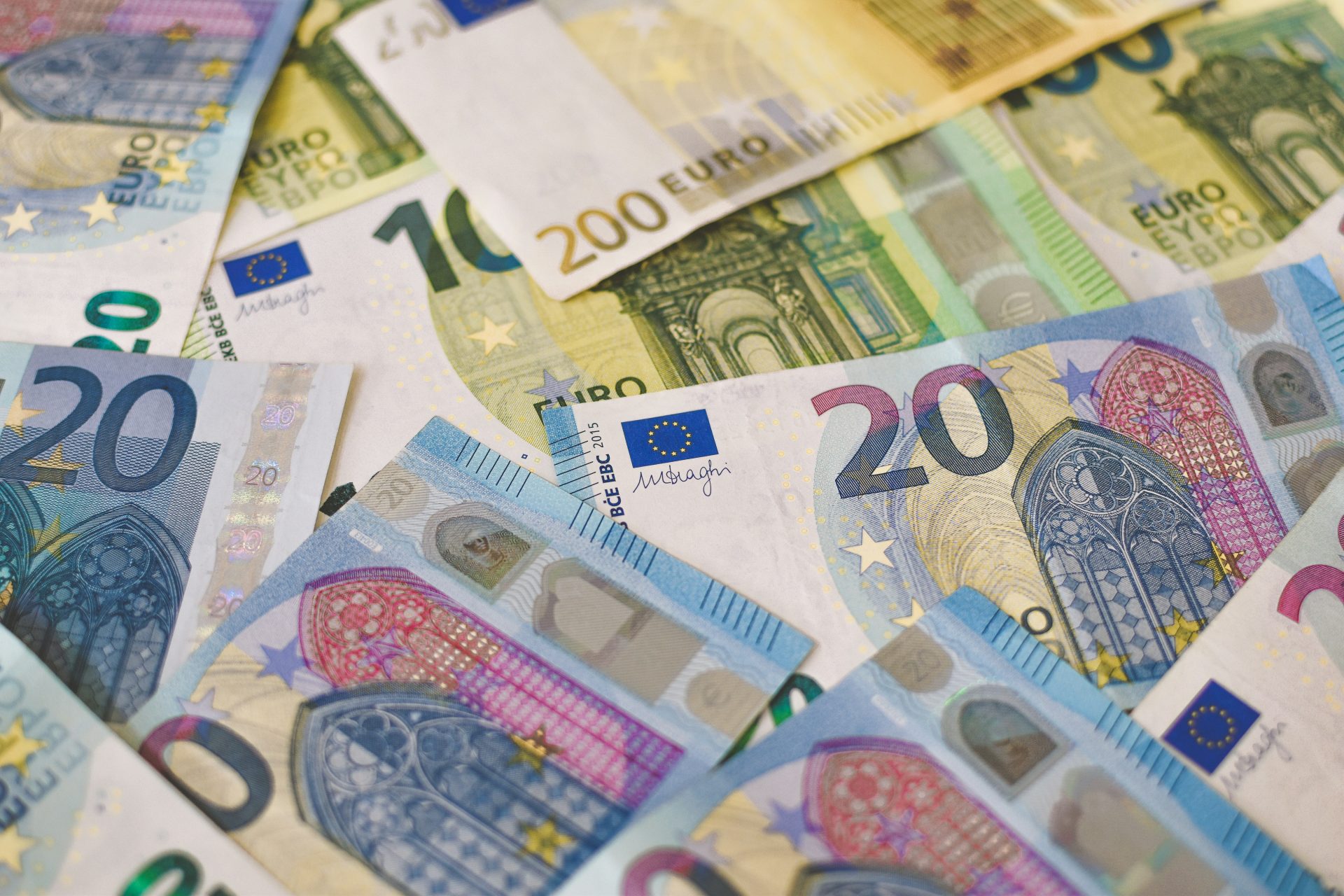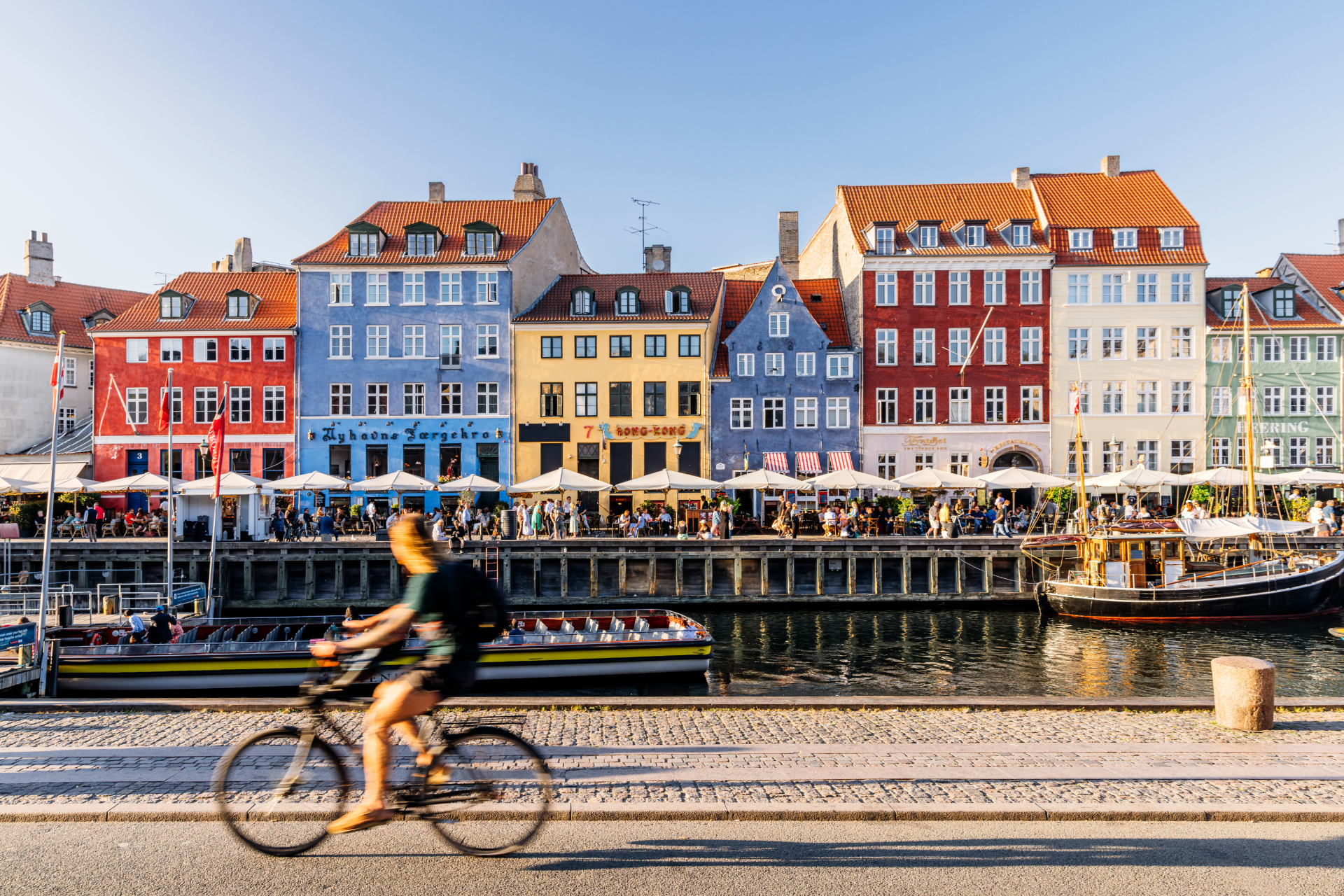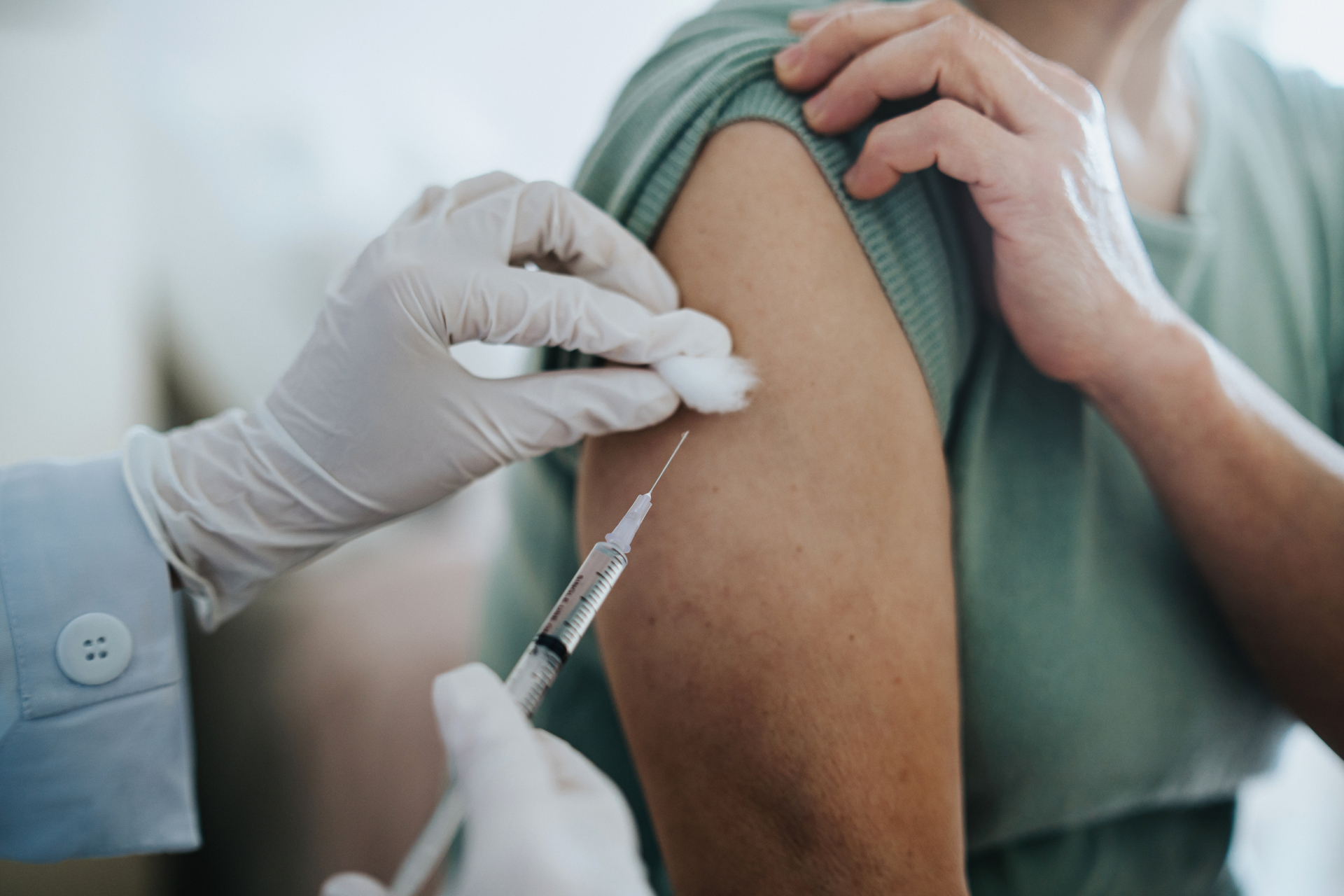Covid-19: which countries have managed the health crisis best?
Nearly five years have passed since the Covid-19 pandemic drastically altered global norms, introducing widespread lockdowns, mandatory mask-wearing, PCR testing, curfews, and extensive vaccination drives. While these measures might feel remote now, they underscore crucial lessons from a challenging period in our history.
While many countries implemented health restrictions, their strategies to manage the crisis varied. The question remains: which strategy has proven most effective?
A recent study, carried out by researchers from the Pasteur Institute and published in the journal BMC Global and Public Health, analyzed and compared the different strategies for combating Covid-19 in 13 Western European countries.
In this study, the effectiveness of the different strategies implemented in Western Europe was assessed through excess mortality from all causes, i.e. the number of deaths exceeding those expected in normal times, over the period from January 27, 2020 to July 3, 2022.
Photo: BMC Global and Public Health
The study's findings suggest that countries that have managed the pandemic best are those that quickly implemented "non-pharmaceutical interventions," such as lockdowns, as well as those that quickly rolled out vaccinations to the most vulnerable populations.
The recent study indicates that among the nations most effectively managing Covid-19 are the Scandinavian countries—Denmark, Norway, and Sweden—alongside Ireland. These countries recorded a cumulative excess mortality rate of 0.5 to 1 per 1,000 inhabitants during the period reviewed.
Norway, for example, implemented a national lockdown as early as March 12, 2020, when the country had about 400 positive cases. This preemptive move helped limit the spread of the virus before hospitals were overwhelmed. By comparison, France already had more than 6,000 cases when its first lockdown went into effect on March 17, 2020.
Photo: Mikita Karasiou / Unsplash
In the ranking of countries that have best managed the pandemic, in terms of excess mortality, we find Germany, Switzerland and France, with a cumulative excess mortality of between 1.4 and 1.5 per 1,000 inhabitants.
With a cumulative excess mortality of between 1.7 and 2.0 per 1,000 inhabitants, Belgium, Spain, the Netherlands, Portugal and the United Kingdom are among the countries most impacted by the pandemic. Italy, hit hard from the start of the crisis, is at the bottom with a cumulative excess mortality of 2.7, illustrating the scale of the health crisis it has experienced.
As The Conversation points out, Sweden is the only country to have implemented interim measures, based on the "civic-mindedness of its citizens". The country did not impose a lockdown, nor did it close schools, restaurants or businesses. The only people expressly asked to isolate themselves were the oldest and most vulnerable.
The Pasteur Institute study shows that excess mortality in Sweden was particularly high during the first months of the pandemic, far exceeding that of its Scandinavian neighbors.
However, Sweden subsequently adopted a development closer to that of Norway and Denmark, by strengthening health measures during the winter of 2020-2021. In addition, the behavior of the Swedish population, who voluntarily respected the rules of social distancing, also played an important role.
The study also reveals that countries that reacted quickly protected their economies better, with a less pronounced drop in GDP in 2020 than those that were slow to react.
Photo: Ibrahim Boran / Unsplash
This observation can be explained by the fact that countries that acted quickly were able to relax their measures earlier, thanks to a controlled health situation. The Conversation cites the example of Denmark, which closed its borders and introduced a lockdown on March 13, 2020, and was able to lift restrictions as of April 15.
Finally, the third lesson of this study shows that the countries that reacted quickly to the pandemic are also those where the populations' trust in the authorities and health measures was the strongest. The Danes, for example, are known to trust their institutions and their government.
This trust certainly played a crucial role in adhering to restrictions and recommendations, thus facilitating the management of the crisis. In a context where fake news is multiplying and disinformation is proliferating on social networks, this lesson is essential to remember in order to face future crises.
More for you
Top Stories






